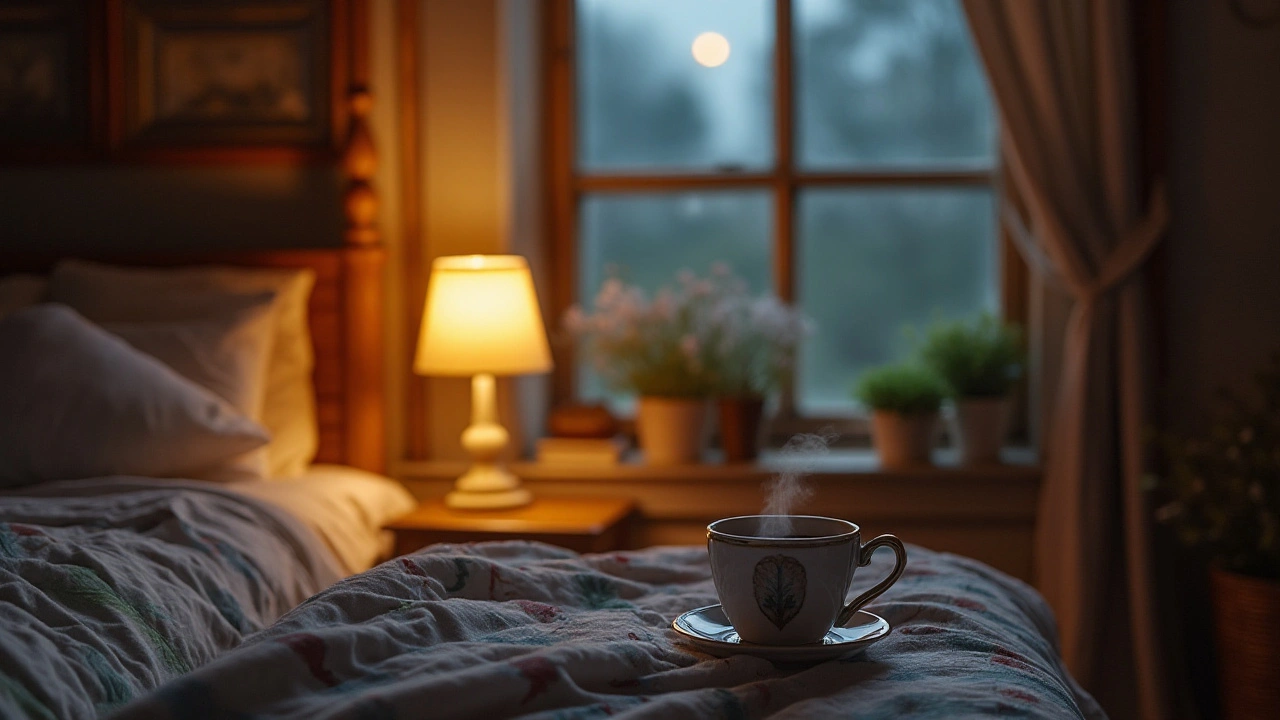Insomnia: Practical help to fall and stay asleep
Missing sleep wrecks your focus, mood, and even your health. If nights of staring at the ceiling are a regular thing, you need practical fixes you can try tonight — not vague advice that doesn’t work.
What insomnia looks like and why it happens
Insomnia means trouble falling asleep, staying asleep, or waking too early and not feeling rested. Sometimes it's short-lived (a few nights after stress). Other times it's chronic — happening at least three nights a week for three months or more.
Common causes: stress and anxiety, irregular sleep schedules, caffeine or alcohol, pain or breathing problems, certain meds, and mood disorders. Even good intentions — long naps or late-night TV — can make insomnia worse. If pain wakes you up, check out our Motrin guide for pain control tips that might help your sleep (linking to a post can be useful).
Quick fixes that actually help
Start with what you can control. Put your phone away 60–90 minutes before bed. Dim lights and do the same relaxing routine every night. Go to bed and wake up at the same time every day — even weekends. That trains your body clock.
Cut caffeine after mid-afternoon. Alcohol might knock you out at first, but it fragments sleep later. Keep naps short (20–30 minutes) and earlier in the day. Make your bedroom cool, dark, and quiet — blackout curtains and a fan help a lot.
Try a short wind-down activity: reading (paper book), light stretching, or breathing exercises. If your mind races, jot a quick “worry list” and close it — telling your brain you’ll deal with it tomorrow often helps.
CBT-I (cognitive behavioral therapy for insomnia) beats sleeping pills for most people. It teaches habits and thoughts that make sleep stick. Many clinics and online programs offer CBT-I with real results.
Over-the-counter options like melatonin can help some people fall asleep, especially when your sleep schedule is out of whack. Be cautious with antihistamines or long-term sleep meds. Prescription medicines can be useful short-term, but discuss side effects and dependence with your doctor.
If pain or nerve issues cause your poor sleep, talk to your provider about targeted treatments — sometimes changing a medication or trying an alternative works better than adding a sleep drug. Our Neurontin alternatives post covers options for nerve pain that might improve sleep by reducing nighttime discomfort.
When to see a doctor: if insomnia lasts weeks, affects daily life, or comes with loud snoring, gasping, or sudden sleep attacks. Also get help if you’re worried about depression or anxiety — treating those often fixes sleep too.
Small, consistent changes make the biggest difference. Tweak your routine, pick one or two new habits, and give them a few weeks. If sleep still won’t come, get a professional plan like CBT-I or a medical review. Better nights are possible — and they start with a clear, realistic plan you can actually follow.

Sleep Tight with Valerian: Natural Remedies for Insomnia and Anxiety
Valerian has been used for centuries as a natural remedy to improve sleep and reduce anxiety. Explore how this ancient herb can help you find relief and ensure a good night's rest. Learn about its benefits, how to use it, potential side effects, and why it's becoming a popular choice for those seeking natural solutions.
More Detail